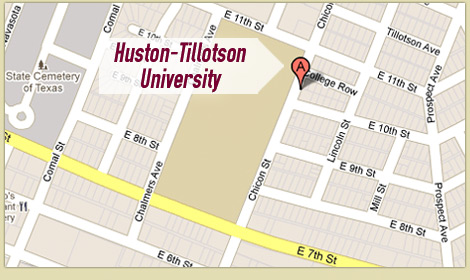
Suicide Warning Signs
Recognizing the warning signs that may indicate your student/friend is thinking about suicide is important because it increases the likelihood of early detection and intervention with your students/friends who are in crisis, and this in turn is associated with improved outcomes. The vast majority of suicidal people communicate their intention to kill themselves by showing warning signs. Although no one can predict with 100% accuracy who will attempt suicide and when, the following signals may indicate a risk of suicide. As a general rule, the more warning signs that are present in the student, the greater the risk of suicidal behavior. The warning signs are separated into different categories. Although this division is somewhat arbitrary, it provides the opportunity to consider these factors from different perspectives.
These are the kinds of things/phrases you’ll hear:
- Hopelessness
- Feeling trapped
- Expressing no sense of purpose or reason to live; Examples of such statements are ‘I wish this was all over’ ‘I don’t want to wake up anymore’ ‘I don’t even see a purpose anymore’, etc.”
- Threatening to hurt or kill themselves
- Direct verbal cues examples include:
- I wish I were dead
- I’m going to end it all
- I believe in suicide
- If such and such doesn’t happen, I’ll kill myself.
- Less direct verbal cues examples include:
- I’m so tired of it all, I just can’t go on.
- Here, take this. I won’t need it anymore.
- How do you become an organ donor?
- My family would be better off without me.
These are the kinds of things events that might occur in your student’s/friend’s life:
- Significant loss (i.e. sudden unexpected loss of freedom/fear of punishment, loss of job, financial aid, relational or social, especially death or suicide of friend or family member)
- Exposure to suicidal acts through family/friends who have died by suicide or though the media
- Diagnosis of a serious or terminal illness
- Fear of becoming a burden to others
- Difficulties in school (especially dramatic decreases in academic performance)
These are the kinds of things you might observe:
- Rage, seeking revenge, aggression
- Increased drug/alcohol use, or relapse after a period of recovery
- Sleeping too much or too little
- Withdrawing from friends/family, isolation, lack of social support
- Previous suicide attempt
- Anxiety, agitation, difficulty concentrating, unable to sleep
- Dramatic changes in mood (e.g. co-occurring depression, moodiness, hopelessness, unexplained anger, aggression and irritability)
- Lack of concern about personal welfare (e.g., putting themselves in dangerous situations, engaging in risky activities)
- Putting personal affairs in order (i.e. giving away possessions) or making amends
- Looking for ways to kill themselves, such as seeking access to pills, weapons, or other means
- Talking or writing about violent themes, death, dying, or suicide
If you notice these warning signs in your student/friend, it is very important that you ask them directly if they are thinking about suicide. For more information on how to do this, click here to view the “How You Can Help” page.
Reference: http://www.cmhc.utexas.edu/bethatone/warningsigns.html




